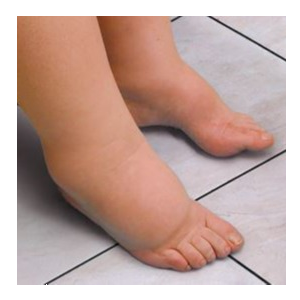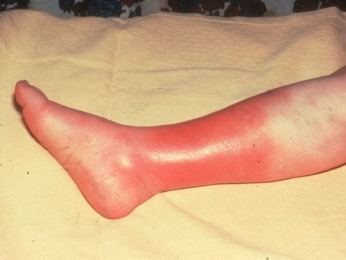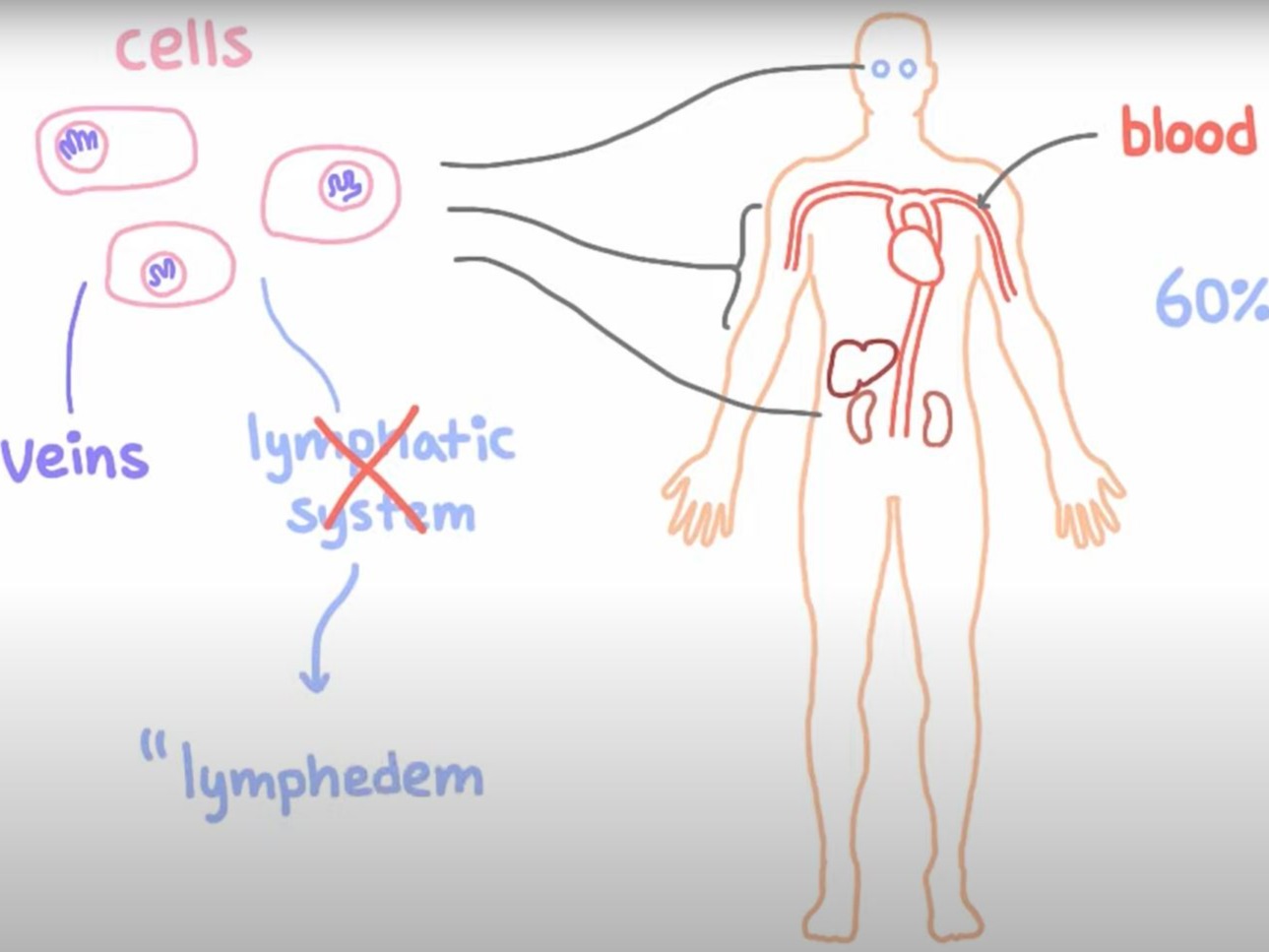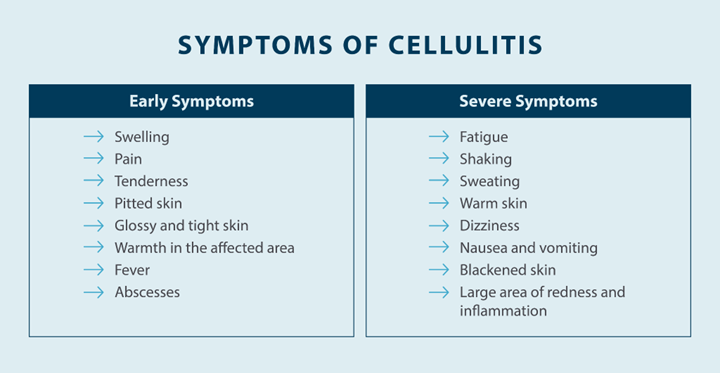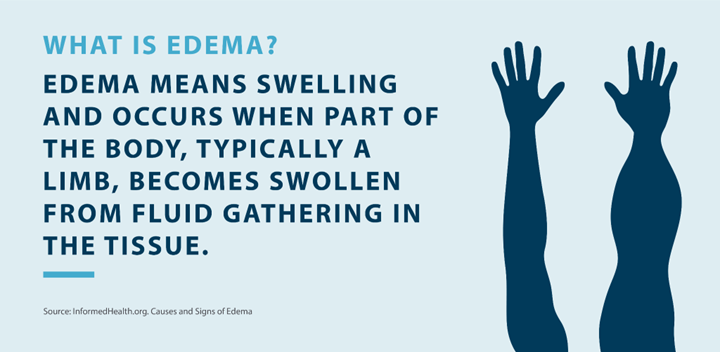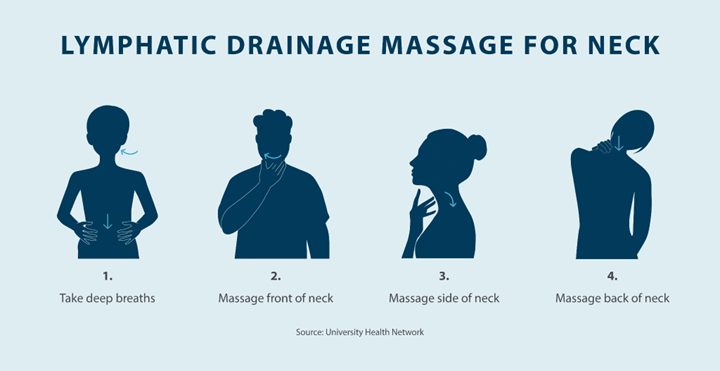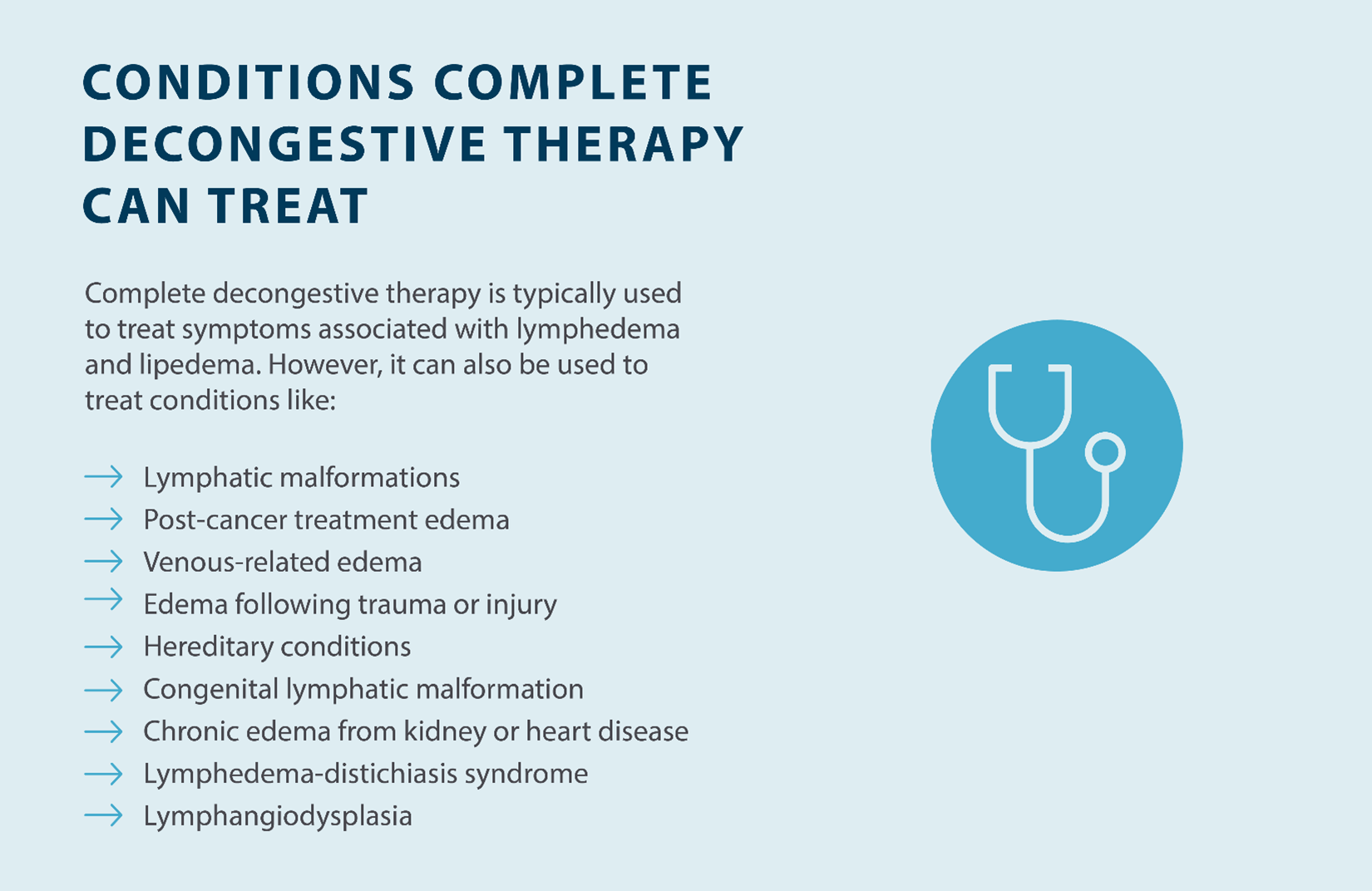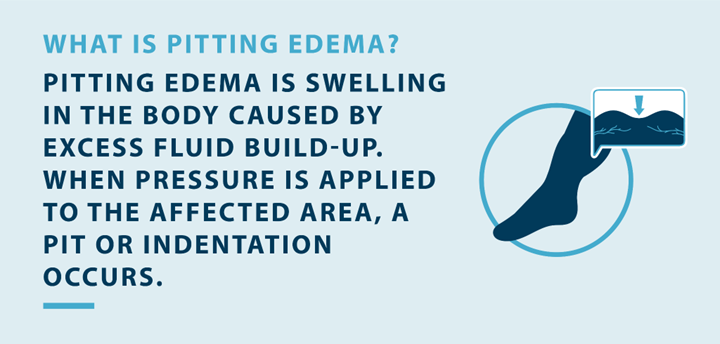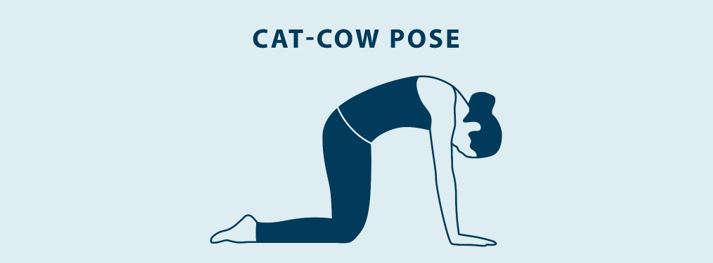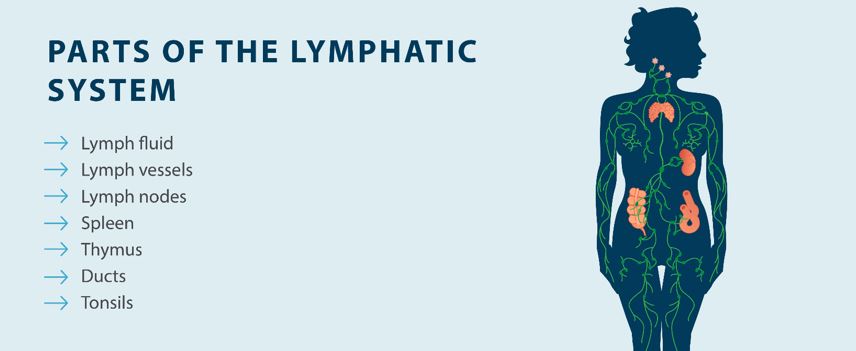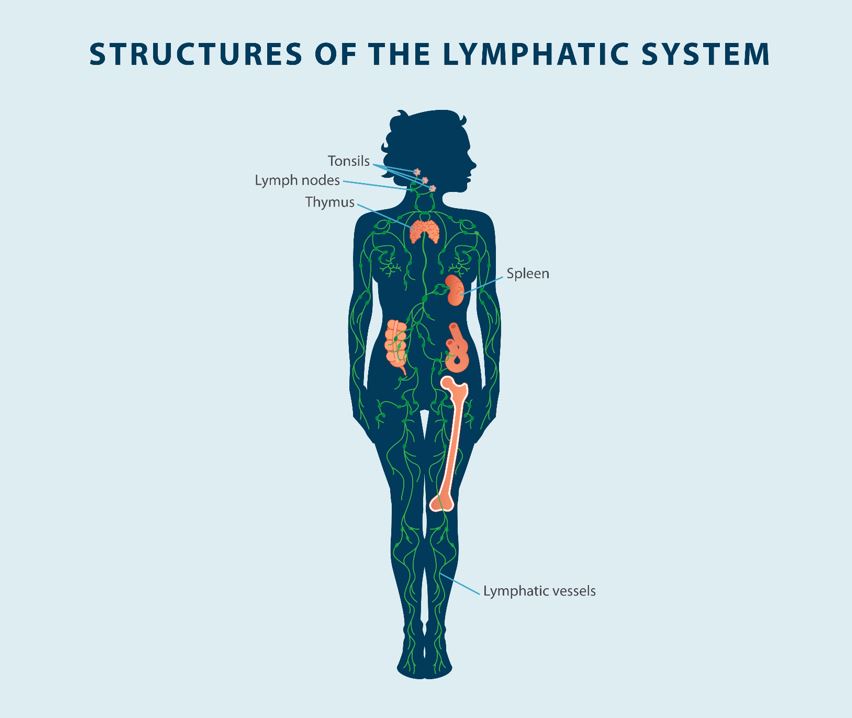What Is Cellulitis?
Cellulitis is a bacterial skin infection that can occur anywhere on the body. Left untreated, cellulitis can lead to further health complications, which is why finding treatment early on is essential. Cellulitis can be caused by a wide range of factors, such as cuts and wounds from surgery. If you’re at risk of developing cellulitis, it’s important to be informed of the causes, symptoms, and treatment of this infection. In this post, we’ll provide an in-depth cellulitis definition, along with information on cellulitis symptoms, what causes cellulitis, treatment options, and more.
Read More
